Andrea Sangiovanni from the European University Institute was one of the keynote speakers, and he was addressing the concept of a 'just Europe'.

Ursula von der Leyen has proposed a great reform through the package of European green deal. Currently, the biggest issue with such a proposal is the existing difference between 'old' and 'new' Member States, especially in terms of covering the costs of such ambitious reform. Do you think solidarity in that context can be achieved?
Climate change is difficult for many reasons, one of which is that Member States that have benefited from industrializing early have used up, over time, more of the atmosphere’s carbon absorbing capacity than ones that industrialized late, or more slowly. This raises a number of questions. If we perceive solidarity as a type of fairness, then Member States that have historically used up more of the Earth’s absorptive capacity owe those who have benefitted less, and are therefore more likely to be less developed as a result, a fair return. This can be captured by a Green New Deal that takes into account the distributional effects of various policies, including the ones proposed by von der Leyen, which include emissions reduction targets, the introduction of a carbon border tax, the drafting of a Sustainable Europe Investment Plan, the partial transformation of the European Investment Bank (EIB) into a climate bank, the extension of the EU emissions trading system (ETS) and the development of a new industrial policy for Europe. This will be particularly important in easing the transition from coal in countries such as Poland, Romania, the Czech Republic, and Bulgaria, and in ensuring that carbon taxes do not hit the poorest European citizens most.
There is a clear division between 'old' and 'new' Member States in ongoing negotiations for the future Multiannual Financial Framework which is supposed to be agreed upon during the Croatian presidency. How is the future budget going to look like, especially in terms of cohesion policy?
With every power comes responsibility, thus the new Croatian presidency of the Council will have not only many opportunities to shape the agenda, but also a large responsibility in making sure that change will be effective. The EU will face a number of big issues, especially in terms of Cohesion Policy. The most important is to address the fact that there has been increasing divergence among Member States in the wake of the euro-crisis. At the same time, support for policies that aim to promote cohesion and convergence has been dwindling as nationalist policies continue to dominate domestic agendas. What the EU needs to do is to learn from what has worked in the past regarding Cohesion Policy, and to more effectively publicize its successes in this area (it is ironic, for example, that many regions in the UK that are largely dependent on EU Structural and Cohesion Funds voted for Brexit!). One interesting result is that cross-national projects seem to do better than purely national ones. In this light, it is also important to take stock of growing inter-regional inequality due to what economists call agglomeration effects. Cities like Milan, which are already well-integrated in European and global markets, do better over time than regions that have fewer resources to adapt to changing circumstances, and face exclusion from key markets, such as the Italian Mezzogiorno. The EU needs to do more to use Cohesion Policy to redress regions left behind by drawing on best practice, and by ensuring the integration of peripheral regions. Key reforms will include not just expansion and improvement of Cohesion Policy but also new public investment strategies. Many interesting suggestions have been recently made regarding, for example, expanding the balance sheet of the European Investment Bank (also in connection with the Green New Deal discussed earlier).
Has Brexit increased European solidarity or has it decreased it? During Brexit negotiations, we have seen unwitnessed levels of unity between the EU27 Member States; is it possible to preserve and spill-over such unity in other aspects of politics?
There was an upsurge of support for European integration in the first moments after the Brexit vote, but one has to wonder if such unity is bound to last over time. I may be overly pessimistic, but it seems hard to deny that Brexit has gotten every Member State to wonder ‘Indeed, what’s in it for me? If Britain can demand special treatment, why shouldn’t we?’ That said, the EU has demonstrated incredible unity and resolve in negotiating Brexit, and it has been very careful at not seeming to concede too much, precisely to forestall Continental eurosceptics from pulling on the loose threads and unwinding the sweater. The key issue for the future will be the precise nature of the relationship between the UK and the EU after Brexit not just in economic areas but in security, migration, and other areas as well. That will take years to define – despite Boris Johnson’s insistence to the contrary.
Migration is going to remain one of the key challenges in the following years. Do you think that the Dublin agreement has any future, and what does it mean for quota solidarity between 'old' and 'new' Member States?
One of the biggest problems with the Dublin regulations has been that they were not designed to coordinate burden-sharing. Their main goal was simply to assign the examination of an asylum application to a single Member State. The most recent proposals contain a corrective allocation procedure when a state is under undue pressure. A major problem, as we have seen with non-compliant countries such as Hungary, is implementation. Another is in deciding what counts as a fair allocation. With regards to the former, interesting proposals include making participation in Schengen conditional on respecting the allocation mechanism (whichever one is settled on). The idea is solidarity as fair reciprocity: a Member State can only benefit from lack of border controls (for example, when its own citizens desire to move across borders) if it agrees to bear a fair share of the burden in sustaining the Common European Asylum System. After all, free movement without internal checks and the asylum system, as we have seen, are tightly connected: when asylum seekers can easily move across borders, the ability and willingness of one Member State to monitor and process asylum seekers can have large consequences on what happens in others. With regards to the latter (i.e., fair allocation), a broader public debate on the ethics of refugee protection needs to take place. For example, can those granted refugee status choose their final country of destination? Can restrictions be placed on where they can move and reside? Can Member States pay money instead of accept their allotment? Can they be penalized for their efforts to integrate refugees? How should a Member State’s level of development be taken into account in deciding its fair share?





Za sudjelovanje u komentarima je potrebna prijava, odnosno registracija ako još nemaš korisnički profil....